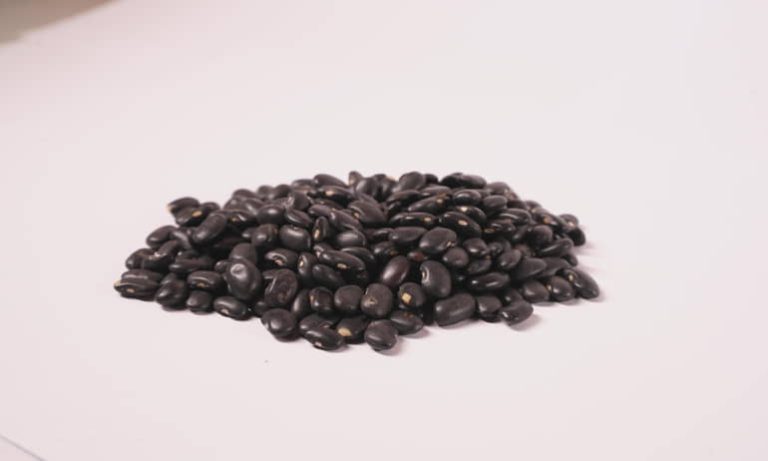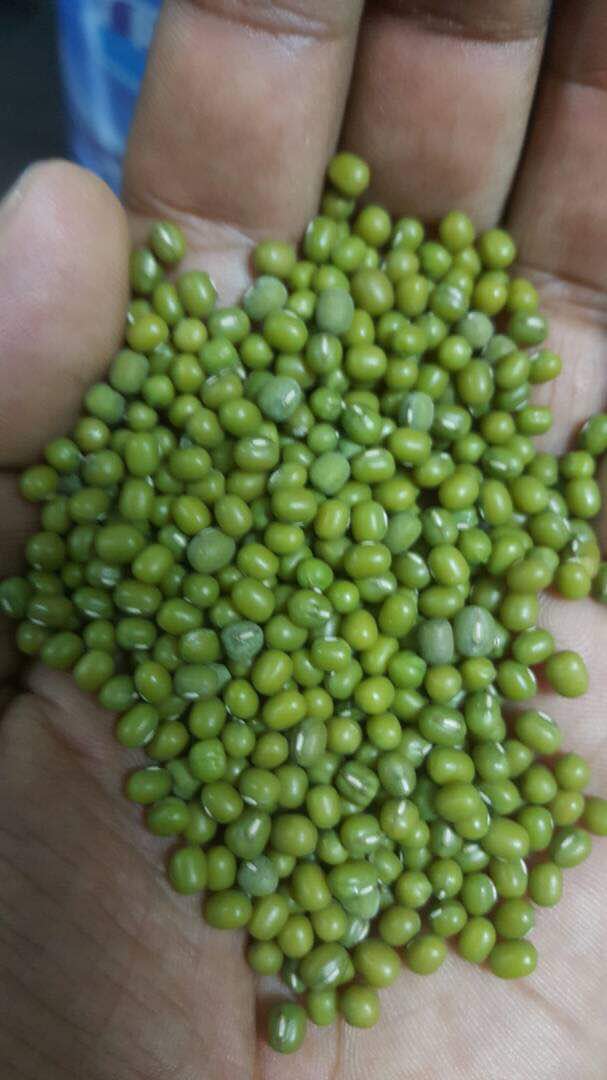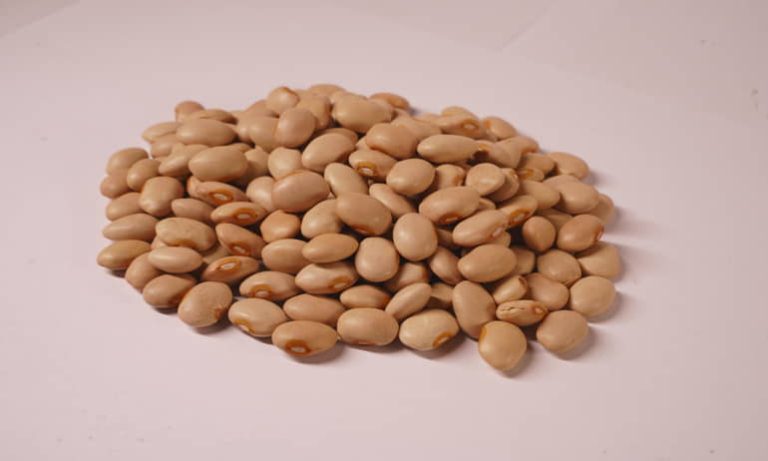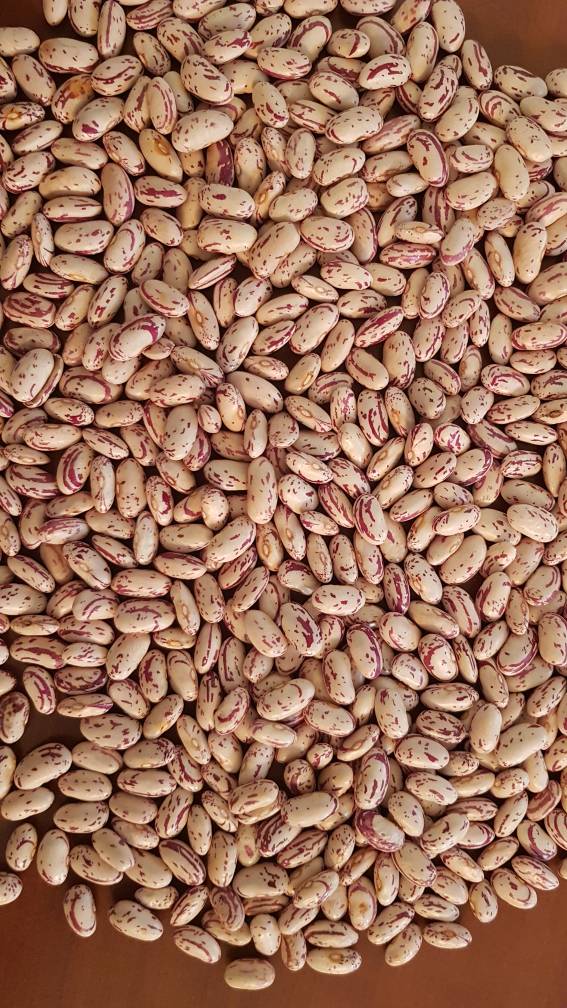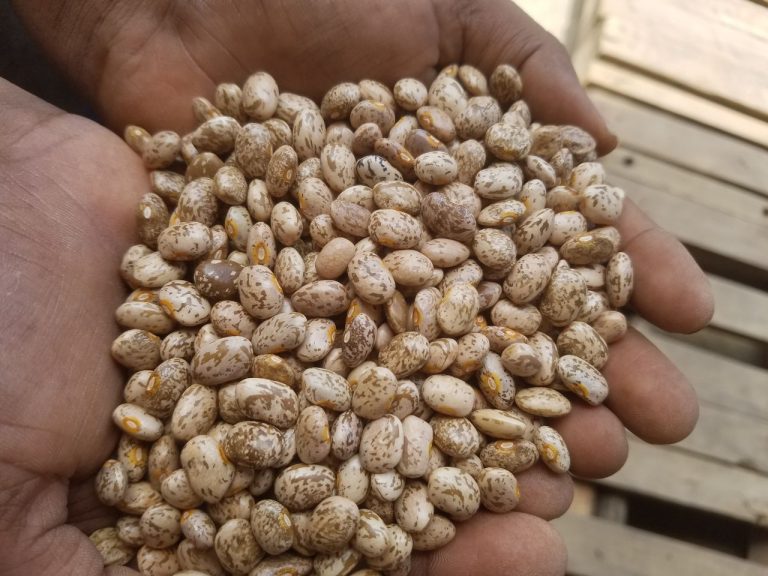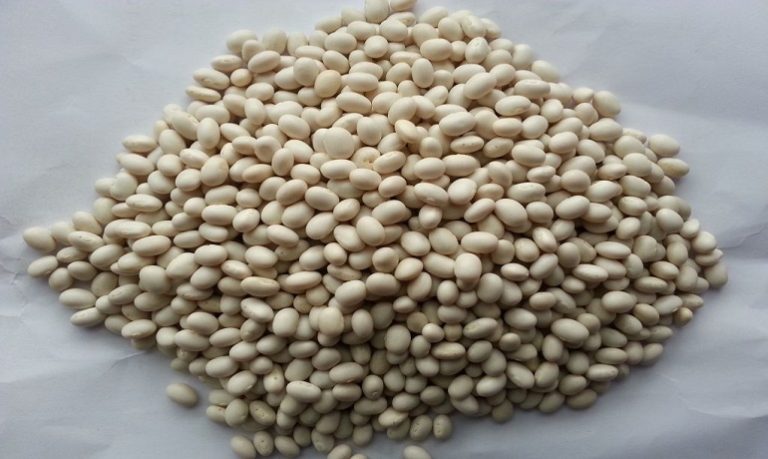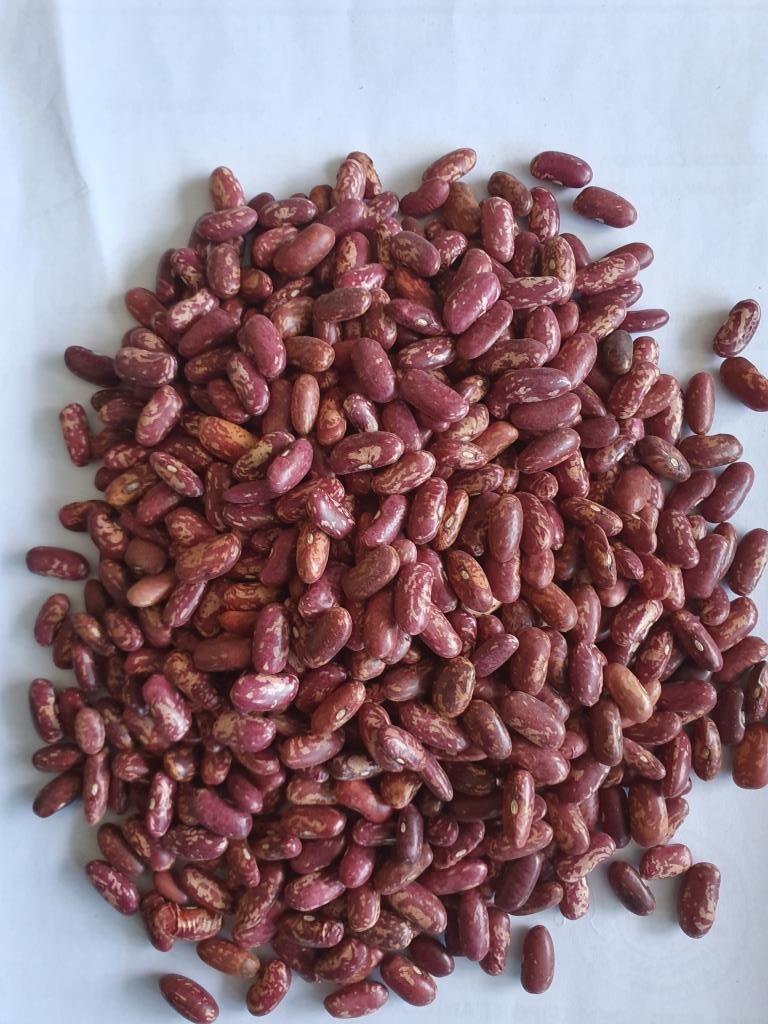
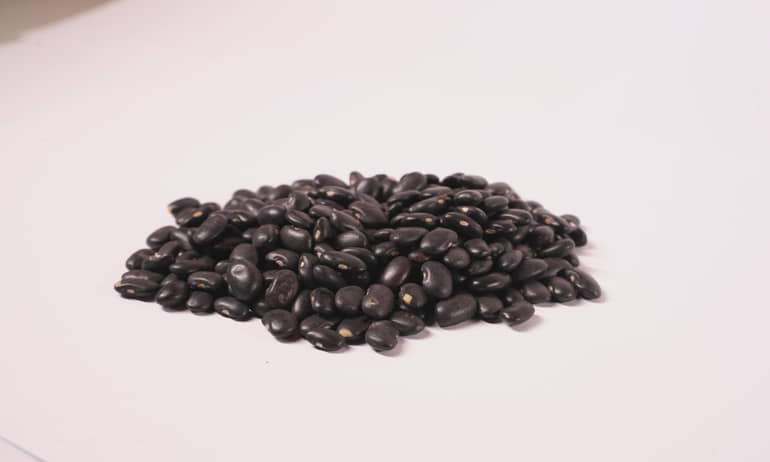
Ethiopian black beans, also known as Nigella seeds or Abyssinian black cumin, are small black seeds that come from the Nigella sativa plant native to Ethiopia and other parts of
Ethiopian black beans, also known as Nigella seeds or Abyssinian black cumin, are small black seeds that come from the Nigella sativa plant native to Ethiopia and other parts of the Middle East.
Purity: 98pct Min.,
Admix: 2pct Max., including broken, split, damaged and
broken : 1pct Max., foreign matter: 0.5pct Max,
Moisture: 14pct Max.,
Count: 550-600beans/100gm beans
well dried, well fumigated prior to shipment, free from alive or dead weevils, insects, eggs and holes, HPS or sortex quality
Appearance: Ethiopian black beans are tiny, roughly triangular seeds with a glossy black outer shell. They have a unique shape and are commonly used as a spice or flavoring agent in various cuisines.
Flavor and Aroma: These seeds have a pungent, earthy, and slightly bitter flavor. They possess a distinctive aroma that is often described as nutty and peppery.
Culinary Uses: Ethiopian black beans are commonly used as a spice and ingredient in various dishes. They are often added to bread, pastries, pickles, curries, and spice blends. In Ethiopian cuisine, they are a key ingredient in the spice blend called “berbere.” Additionally, they can be sprinkled on salads, soups, and stir-fries to add a unique flavor and texture.
Health Benefits: Ethiopian black beans have been used for their potential health benefits for centuries. They are rich in antioxidants, vitamins, minerals, and essential fatty acids. Some studies suggest that they may have anti-inflammatory, antimicrobial, and digestive health-promoting properties. However, it’s important to note that further research is needed to fully understand their potential benefits.
Storage: To maintain their flavor and freshness, Ethiopian black beans should be stored in an airtight container in a cool, dry place away from direct sunlight. When stored properly, they can retain their quality for several months.
Cautions: While Ethiopian black beans are generally safe for consumption, it’s important to note that some individuals may be allergic to them. Additionally, pregnant or breastfeeding women, as well as those with certain medical conditions, should consult with a healthcare professional before incorporating them into their diet.

